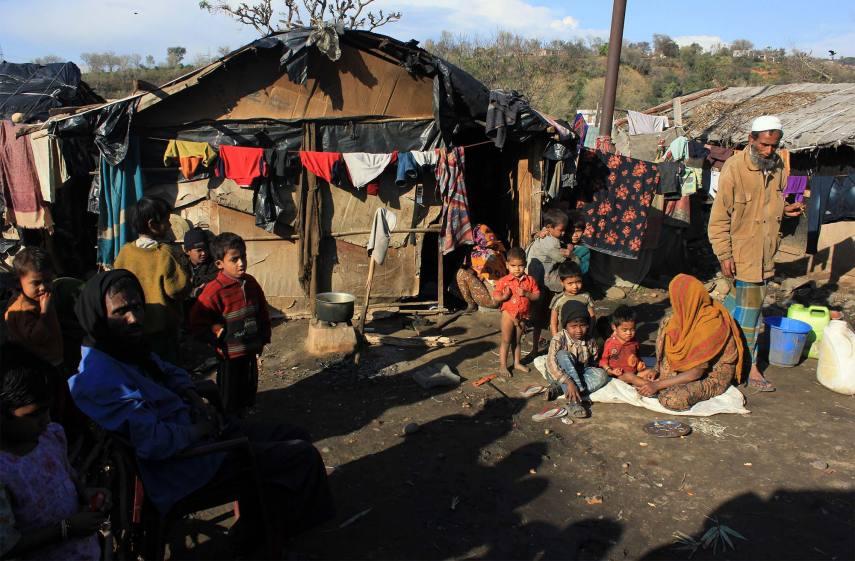The Supreme Court reserved its order on a plea which demanded release of Rohingya refugees detained in Jammu and ask the government to refrain from deporting them to Myanmar.
CJI SA Bobde, Justices AS Bopanna and V Ramasubramaniam were hearing this plea which was filed by a PIL petitioner Mohammad Salimullah. He also demanded the court to ask UNHCR to intervene and help refugees.
Advocate Prashant Bhushan urged the Court that Rohingyas who are residing in Jammu are ‘refugees’ under terms of the United Nations Convention on Refugees. He also argued that Rohingyas are facing a genocidal threat in Myanmar. He cited an order passed by the International Court of Justice (ICJ) last year against Myanmar to support his argument.
He demanded that detained Rohingya refugees must be released immediately and to direct the Union Territory government and the Ministry of Home Affairs to provide Refugee identification cards through the FRRO for Rohingyas in informal camps. The Court was also urged to direct the Union Government to avoid implemention of any orders of deporting Rohingya refugees.
Applicants argued that India has to follow the principle of non-refoulement through customary international law. Principle of non-refoulement is the practice of not sending refugees to a place where they will be in danger. It is a part of customary international law and has been explicitly expressed in Article 33(1) of the 1951 United Nations Convention on the Status of Refugees. Since there is no legislation in India which protects refugees from refoulement practices so the Customary International law can be used to fill this gap.
The application also said that the Supreme Court has reaffirmed that Article 21 of our Constitution ensured right to life and liberty to every citizen or non-citizen. The Court has said in its judgement of National Human Rights Commission v State of Arunachal Pradesh that our Constitution ensures certain rights for every human being and some definite rights for citizens. Every person is empowered to get equality before the law and equal protection of the laws. Any person can’t be stripped of his/her life or personal liberty except in procedure established by law. So, the State has to protect life and liberty of every human being, irrespective of the fact that they are a citizen or not.
